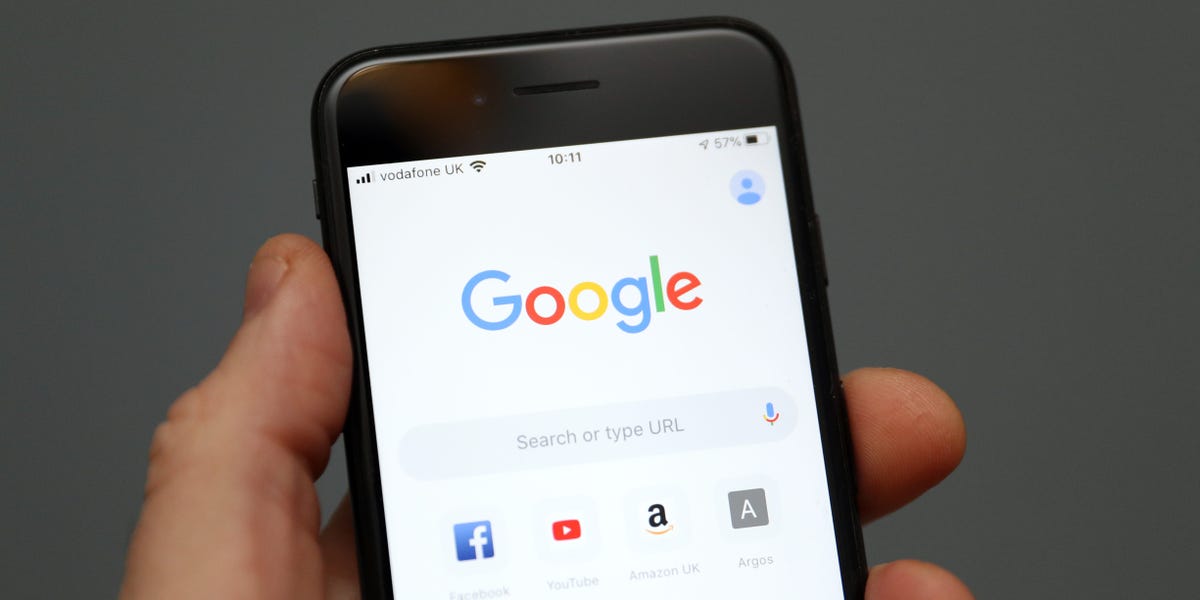- Google reportedly pays Apple a 36% cut of its search ad revenue through Safari as part of its deal.
- The number was supposed to stay confidential, but was revealed in court, Bloomberg reported.
- The US’ Google antitrust case centers on how Google pays partners to promote its search engine.
An apparent slip-up during an expert’s testimony in Google’s antitrust trial reportedly drew a reaction from the search engine company’s lawyer in the court room.
The moment revealed more about Google’s deal with Apple to remain the default search engine in Safari. The tech giant hands over a whopping 36% of its search ad revenue made through Apple’s web browser as part of its deal with the iPhone company, Bloomberg reported on Monday.
Except that figure was supposed to remain confidential — both Google and Apple have been fighting against revealing the details of their agreement.
So when University of Chicago professor Kevin Murphy, a Google economics expert and witness for the trial, disclosed the confidential number during his testimony, Google’s main lawyer “visibly cringed,” Bloomberg reported.
Oops.
Murphy didn’t immediately respond to Business Insider’s request for comment ahead of publication, but we’ll update this post if we hear back. Google declined to comment. Apple didn’t respond to BI’s request for comment.
Google’s antitrust trial kicked off in September after the Department of Justice sued Google back in 2020 over claims that it had illegally maintained a monopoly in search through “anticompetitive and exclusionary practices.” The trial centers around Google’s partner deals to be the default search engine on devices, and is the most significant trial against a tech giant since the 1990s, when the government sued Microsoft.
We already knew that Google reportedly paid Apple around $18 billion in 2021 to remain Apple’s top search engine, but we didn’t know this aspect of the agreement — until now. That year, Google paid $26.3 billion to device makers, including Apple, in default search engine deals.
Read the full article here





